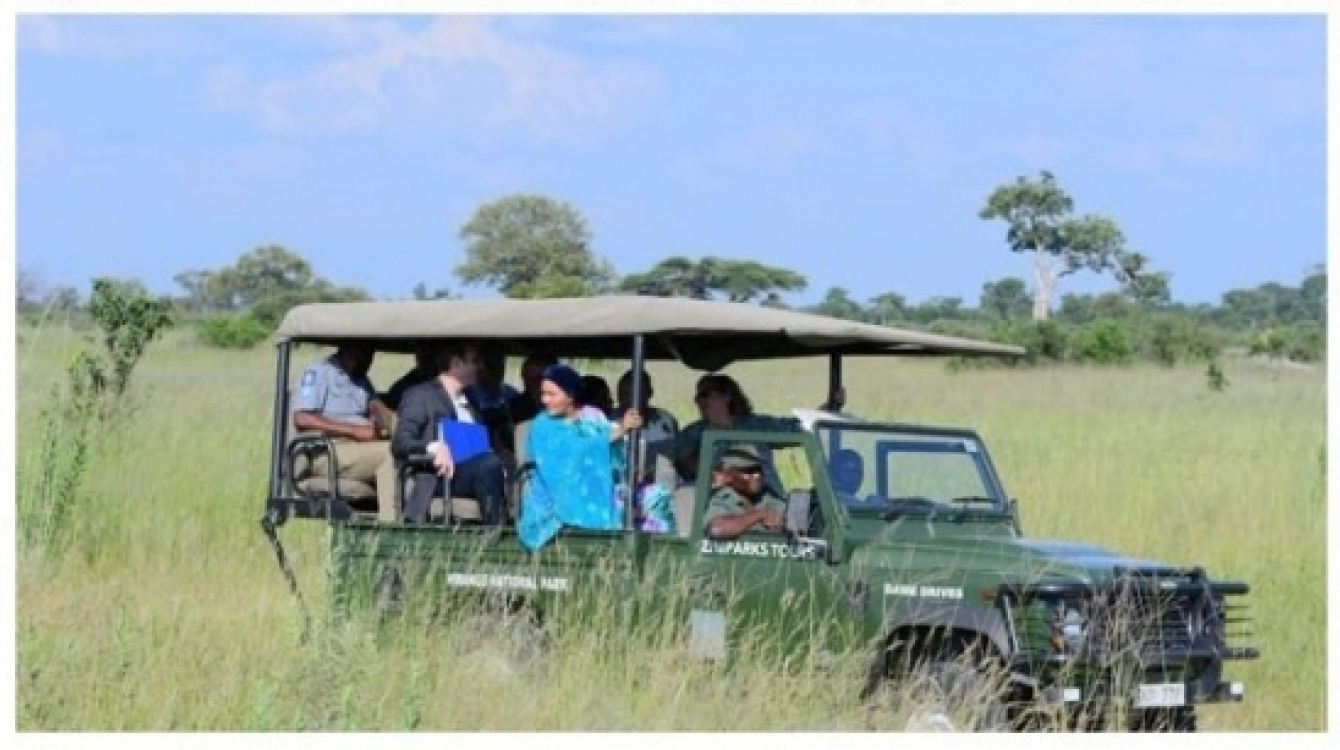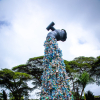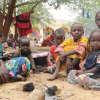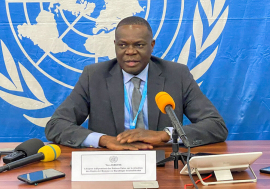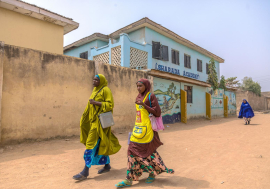United Nations Deputy Secretary-General Amina Mohammed has visited Hwange National Park, Zimbabwe's oldest and largest park, to see first-hand the effects of climate change on animals.
At the park, which is almost half the size of Belgium at 14,651 square km, Ms. Mohammed was informed that thousands of animals were suffering as a result of changing weather patterns.
There is considerably less rainfall than before, which is severely affecting some 400 bird and 150 mammal species, including 45,000 elephants, explained Hillary Madhiri of Zimbabwe’s national parks and wildlife office.
Mr. Madhiri listed the main challenges facing the park as including human-wildlife conflict, poaching, lack of water, loss of habitat, limited resources and droughts.
"Of these problems, climate change is our biggest challenge," he said, adding that the park had made efforts to adopt green technologies and sunk over 100 water boreholes to mitigate the animals’ plight.
Ms. Mohammed commended the park for adopting solar-pumped watering holes to counter climate-induced drought.
"We have seen what climate change is doing to our environment and livelihoods. We saw how the park is affected by climate change- the way in which Hwange is hot, the lack of adequate water, and even animal migration and that of people," she said.
Ms. Mohammed is in Zimbabwe to attend the 6th Africa Regional Forum on Sustainable Development (ARFSD) in Victoria Falls from 24-27 February under the theme 2020-2030: A decade to deliver a Transformed and Prosperous Africa through the 2030 Agenda for Sustainable Development and the African Union’s Agenda 2063.
Ms. Mohammed hoped that participants at the ARFSD would discuss ways to accelerate actions to achieve SDGs and the African Union’s Agenda 2063.


